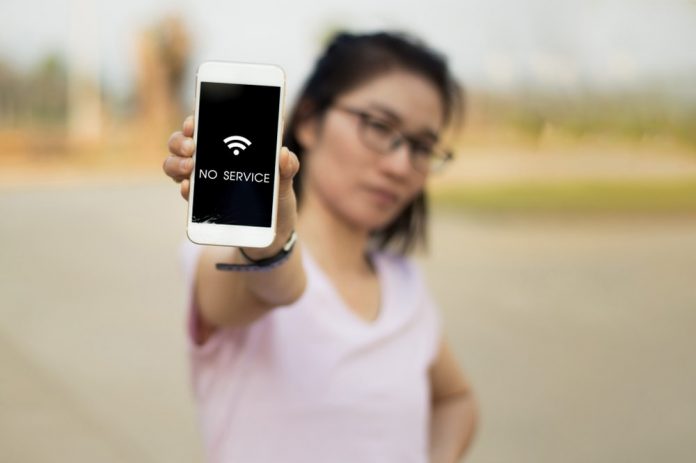By Doug Medina
Cable and fiber Internet outages happen. While an inconvenience for residential users, Internet outages can be nothing short of devastating to businesses. Small businesses, in particular, typically depend on terrestrial Internet service delivered over miles of fiber, cable or DSL lines. Those lines are subject to disruption at any time from a variety of causes, leading to a frustrating and costly loss of connectivity. For the typical small business, the difference between weathering the storm or watching revenues wash away comes down to a dependable Internet backup plan.
Know Your Risks
A study and joint report on Small Business Risk concludes that one of the top three concerns of small business owners is business interruption – with good reason. For small businesses that rely on Internet access for everything from point-of-sale transactions to website and social media promotions to cloud-based payroll and inventory applications, the risk of an outage is too big to ignore. Without the ability to process orders or credit card payments, businesses lose revenue. Outages also impact employee productivity. In some cases, an outage prevents access to critical data. The net result is that a single outage can cost a business thousands of dollars per day.
We’re confronted with frequent evidence of this risk. In June, a large cable provider suffered a nationwide outage due to two cut fiber lines, leaving many customers without Internet, video and voice services and crippling businesses from Philadelphia to Seattle. The month before, Houston-area mobile customers encountered similar challenges when a construction crew accidentally cut a cable. We’ve seen too many times how hurricanes wreak havoc on the communities in their paths, leaving a wake of lingering outages.
It’s not just the unexpected outage that can hurt a small business. Artistic Flowers and Gifts, a local, independent flower shop in Colorado, was notified by their carrier of routine maintenance scheduled on Valentine’s Day. Unable to reschedule the planned outage, the shop endured an Internet blackout – no phone service, Internet access or credit card processing – on its busiest day of the year.
Research Your Options
Given the pervasive threat outages pose to the bottom line, small business owners must consider contingency planning. Businesses can choose from a variety of backup Internet options. Some may decide to use two different landline technologies, such as fiber and DSL, in case one goes down. However, these technologies often share the same central offices and trunking corridors – so if one goes down, the other may as well.
Alternatively, options like 4G cellular services may work in a pinch but can be very expensive when the user exceeds their data cap. And, as anyone who’s ever used their cell phone to transfer data knows, cellular service in some places – even urban areas – can be inconsistent and spotty. Base stations also rely on terrestrial links, so backing up terrestrial connectivity with wireless remains a vulnerable method.
What’s needed is true alternate path connectivity. Enter satellite, that employs a completely different path from terrestrial technology. The combination of a terrestrial primary connection paired with a satellite Internet backup link yields the highest possible network availability to maintain business in the event of an outage. By diversifying the primary Internet connection, a small operation can stay online even when terrestrial connectivity fails. With satellite, businesses get a backup connection that kicks in automatically in the event of a primary Internet outage.
And today’s satellite services are both highly reliable and cost-effective. Satellite backup requires a simple installation of a Wi-Fi modem, antenna and a failover router, which serves as a detection and connection device. Once installed, in the event the primary Internet connection goes down – for any reason – the failover router detects the outage and sends traffic over the high-speed satellite connection. When the primary connection is restored, the router detects the restart and automatically sends traffic back over the landline connection.
By employing satellite Internet backup, in the event of a primary outage, critical business applications like credit card processing, data access and web services continue working as long as the power remains on. Automated technology makes the transfer from terrestrial to satellite and back again fast and easy, without any human intervention.
Act to Protect Your Business
Despite the obvious negative impact of network disruptions, studies continue to show that only one in three business owners assess backup options to safeguard their operations. Given the readily available option of cost-effective satellite backup, the bottom line is that it’s the progressive business owners who will seize the opportunity to maintain business as usual – and win in the marketplace.
Doug Medina is the senior director at Hughes Network Systems
No internet stock photo by Low Sugar/Shutterstock







